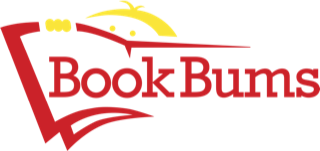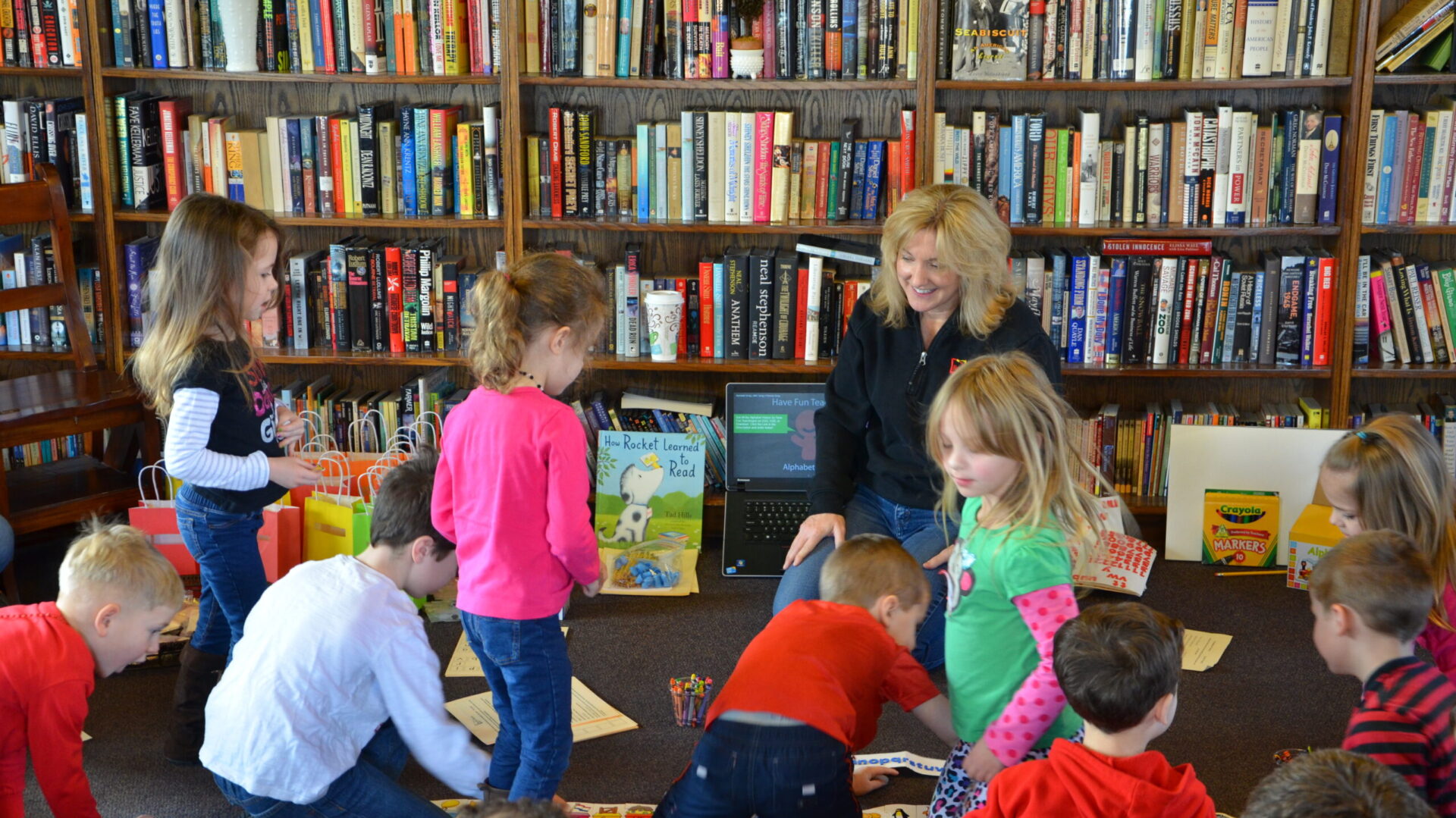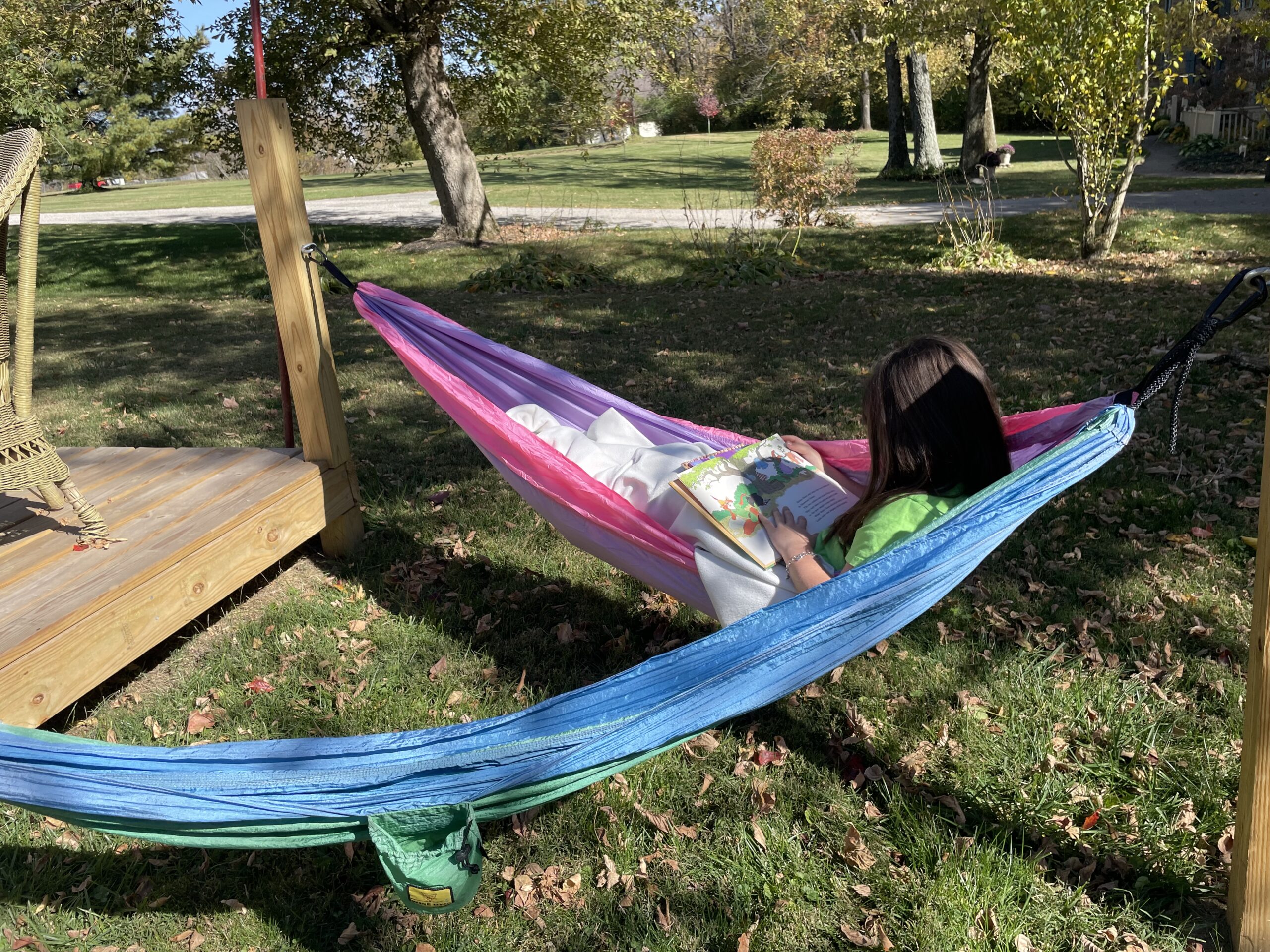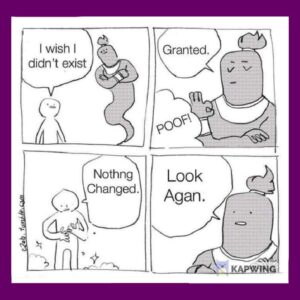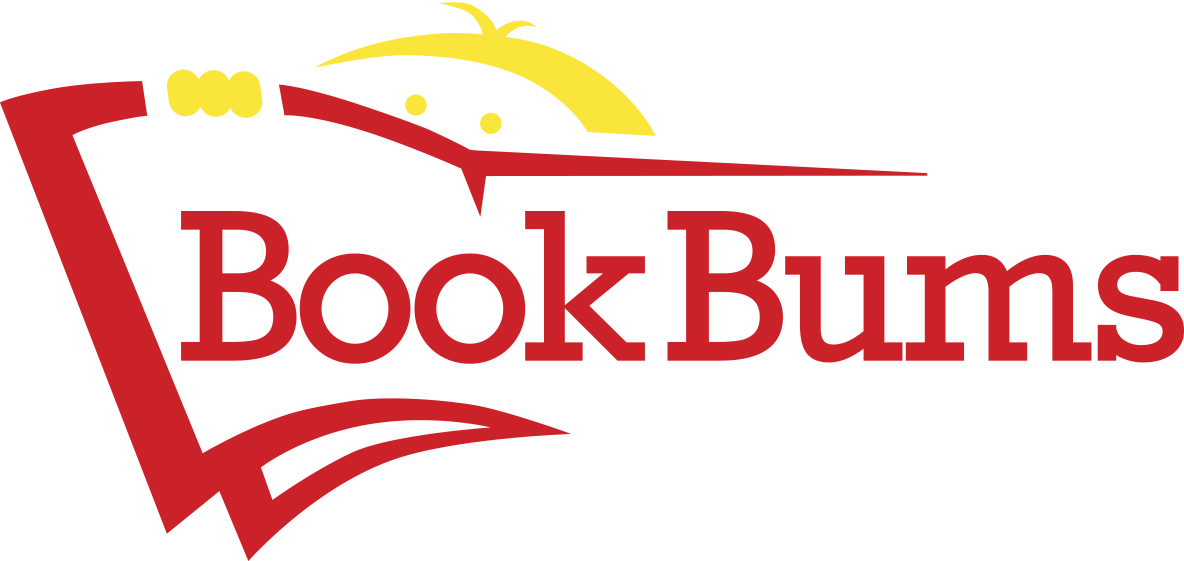
Hello Book Bums families!
Did you ever notice how many expressions use the word hand? You can lend a hand to a neighbor. Money might change hands in a store. A situation can get out of hand. You might have popsicles on hand or feel that your hands are tied in a difficult decision.
This week in the newsletter we're thinking about hands and how we can use them in crafts, caring for the Earth, and learning to read well. Read on and enjoy!
Bookbums.com is an Amazon Associate; We earn from qualifying purchases. This means that if you click on a link to Amazon.com and make a purchase, We may earn a small commission at no extra cost to you. We do recommend the products. Feel free to find them by other means.
Word of the Week
glean (gleen) verb/action word - to collect information from various sources or to collect gradually and bit by bit
After reading some signs and asking a couple locals, I gleaned that the best place to go for breakfast was the diner on the corner.
Literary Calendar
• May 24 is the birthday of singer-songwriter Bob Dylan, born in Minnesota as Robert Zimmerman.
• In 2008 Dylan was awarded a Pulitzer Prize, and in 2016 he was awarded the Nobel Prize for Literature for his contribution to poetic expression.
• You can explore some of Bob Dylan's most famous songs and lyrics here.
From our Bookshelves
A Book Bums customer (who’s now a dear friend) shared this book title, Braiding Sweetgrass, with me. I wrote it down, ordered it, read it and adored it—just as she’d suggested she had.
A couple of weeks ago, I listened to a podcast where Rich Roll interviewed his guest, best-selling author and visionary environmentalist, Paul Hawken. Hawken shared that until people see our planet and all its living things with awe and wonder, there’s little we can do that will sufficiently promote adequate care of our beautiful planet.
That moved me. I had never considered myself an environmentalist, but the definition of an environmentalist is a person who’s concerned with or advocates for the protection of the environment. Maybe I am an environmentalist.
A couple weeks later, without any idea about the book or any agenda whatsoever, I read this book that my friend recommended. I hadn’t read reviews or synopses. I just opened its cover and began reading as one does.
I adored this book.
It’s educational. It’s inspiring. It’s got gorgeous writing that will make you swoon. And it’s got an agenda.
Robin Wall Kimmerer, a Native American, wrote this book of passion hoping to inspire and effect change. Braiding Sweetgrass even gets a little preachy at times. It pokes where there’s already a sore spot. And I’m here for it.
I know and love some folks who straddle the fine line between zealous and kooky. Do you?
My chiropractor is a little “out there” with some of his beliefs. And I love him anyway.
My son is extraordinarily passionate about giving voice to those who have no voice. And he’s one of my heroes.
My church does some “unchurchy” things that make stodgy church folks cringe. And I’m so grateful, for too many have been hurt by “churchy” people; and they’re looking for a place where they feel seen and accepted—and inspired.
If I’m being honest, I have been seen as one who’s gone off the deep end in my field. I’ve been ridiculed and looked down upon because I pushed back against the status quo when it came to accepted reading instructional practices. I’ve advocated for science-driven literacy instruction for more than 20 years, and for most of those years, my message was educational heresy.
So I’m a proponent for folks stepping out and sharing a message—even if it makes us squirm a bit in our chairs. Sometimes truth hurts.
If you choose to read this book (and I hope you do), if you should find some of the message off putting, please read on; for there is beauty and truth in the message. As Kimmerer shares stories about the Three Sisters (corn, beans, and squash) that will surely help our gardens thrive, the saving of some fortunate spotted salamanders, and basket making—not just basket weaving—you’ll be swept away by the gifts freely given from our beautiful Earth. And (hopefully) you’ll be inspired to reciprocate.
Tips for Families
I’ve heard a few families say, “We’re going to take the summer off,” regarding tutoring.
It may be fine to discontinue tutoring if kids have made it through the entire program, but please don’t take the summer off from reading. The Summer Slide is real. The last thing we want is to lose the momentum we’ve gained.
If your kids can read, please do all you can to ensure that they are reading.
Readers read. A lot. It’s not just what we do. It’s who we are.
I recommend reading with breadth, so students are engaging with a variety of topics and sources to aptly build their knowledge about the world around them. Reading comprehension is built upon background knowledge. This means you’ll need to get lots of books in the hands of your kids. Put them everywhere. One tip that always worked for me is putting a basket of books in the bathroom. There you have a captive audience!
Kids need to read for extended periods of time. Don’t settle for 15 minutes a day. If a soon-to-be third grade student struggles to read for an hour, that’s an indication that they likely need support. You may begin with shorter reading durations, but try to work up to at least an hour of reading in one sitting.
Make getting a new book or two a grand event for your kids to enjoy every month or so. When you have some free time, make a book date to your local Barnes and Noble (or another bookstore) that just might include a stop for ice cream.
In the photo above, our granddaughter is sitting in her kids’ sized hammock reading away. You can purchase a hammock for less than $25, hang it somewhere in the yard or in the house, and you’ve got yourself a special reading spot that inspires setting aside time for reading a great book or two or three . . .
Tips for Raising Readers and Writers
This is the perfect time of year to gift flowers to loved ones! I love this project that captures little ones’ sweet hands and the beauty of spring flowers. Just trace around your kids’ hands and cut them out. Glue them, as shown, onto another piece of paper, tucking some flowers within. What a lovely gift for anyone who could use a pick-me-up.
Better yet, invite your kids to write a message on the back of the paper before glueing on their hands!
Go outside together to gather some flowers. It’ll be oh so good for all involved!
While you’re at it, stick some flowers within the pages of a big, heavy book you no longer need. After a few weeks, use those pressed flowers to create more kind note cards to share throughout the summer months!
Wordology Workshop
• The Latin root manu means hand.
• Think of words like manuscript which means written by hand or manual, another name for a handbook.
• You can also find this root in manicure, manufacture, manacle, and manipulate. Can you see how each word is connected to hands?
Practical Grammar
As I was reading Braiding Sweetgrass, I came across two words that made me stop and think: copse and humus. I know these words but seeing them in print got me thinking.
We know that e’s at the ends of words often do magic, but the e at the end of copse (/cops/ a small group of trees) isn’t telling the o to say its name.
Why is it there?
This is the perfect example of a word ending with an e to indicate that the preceding s isn’t there to pluralize the word. The e shows readers that this word is different from the word cops. Same pronunciation. Different meaning.
The word humus (dark, organic matter in soil made from decomposed plants and animals) is different from the word hummus (a spread made from chickpeas, sesame seeds, olive oil, lemon, and garlic).
Looking at the word humus, we’d tell kids that “Any vowel can jump and do magic. It doesn’t always, but it can.” It’s really an open vowel situation, but that’s much more difficult for kids to understand. “Any vowel can jump (like a Magic e) makes sense to kids and provides them easy access to multisyllabic words.
Note that in the word hummus, there’s a “blocker letter” that keeps the final u from telling that first u to say its name.
Humus and hummus look a lot alike, but they sound different and mean vastly different things.
Copse sounds identical to cops but that e changes the meaning entirely.
Words are fascinating, don’t you think?
News from Book Bums
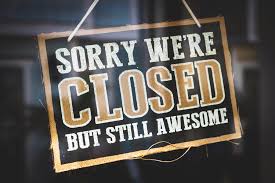
Remember that Book Bums will be closed on Monday, Memorial Day.
We’re also still recruiting volunteers for our summer literacy programming at VanGorden Elementary School this summer! Interested? Email Judy at [email protected] for more details. High school and junior high school students are welcome!
Tips for Teachers
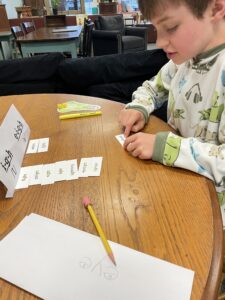
There are three things beginning readers must do to become skilled readers as quickly as possible.
First, children must point their fingers under the letters of the words they’re decoding. A teacher may place his or her finger above the word, but the child must be participating in the pointing as well. If there are sensory issues, kids can use a pointer other than their fingers (even a pencil will do), but they must be doing something physical to help their minds attend to the print, letter (or letter combination) by letter (or letter combination), moving from left to right across the word.
Do not hold word cards up to students and have them “read” them like flashcards. Kids should assume the work of reading. They must set up for good reading by using one hand to hold the word card (or paper, or book) on the table—to keep it from sliding—and use the other hand to do the pointing, moving sound by sound along the bottom of the words. Again, you can help by pointing at the tops of the letters in words, but the kids are to do the work themselves.
When the teacher’s working harder than the student, that’s a problem. S/He who works the most, learns the most.
Second, children must make the sounds aloud as their eyes move across the words they’re reading. Kids’ brains recognize words faster when they hear the sounds out loud. Hearing sounds is more helpful than thinking sounds silently in one’s head. We attend better when more senses are involved. Decoders, kids who make the sounds they see, become skilled and fluent readers who make far fewer miscues.
Third, kids must glean meaning from the words they’re decoding. Language comprehension is essential for decoding instruction to improve reading skills. We will never use nonsense words to teach kids to read because we want kids to recognize words and make meaning from the sounds. When a student says /t/-/r/-/u/-/m/-/p/-/e/-/t/ and “Oh! I know!” and they act like they’re playing a horn, we know the kids have made the needed connections to promote automatic word recognition that yields fluent reading.
Just for Fun
If you know someone who would benefit from our newsletter or tutoring at Book Bums, please share this email with them! Thank you.
Copyright © 2024 Book Bums, All rights reserved
Our mailing address is:
7967 Cincinnati-Dayton Road Suite L
West Chester, OH 45069
